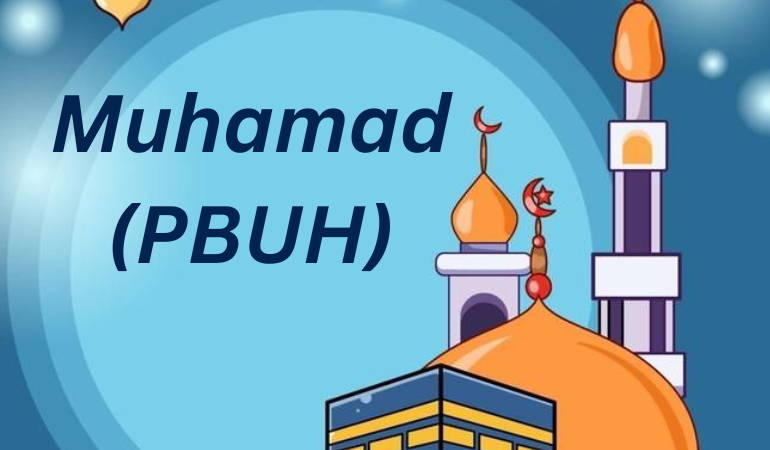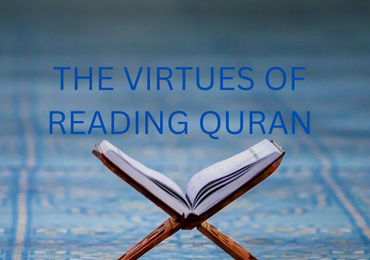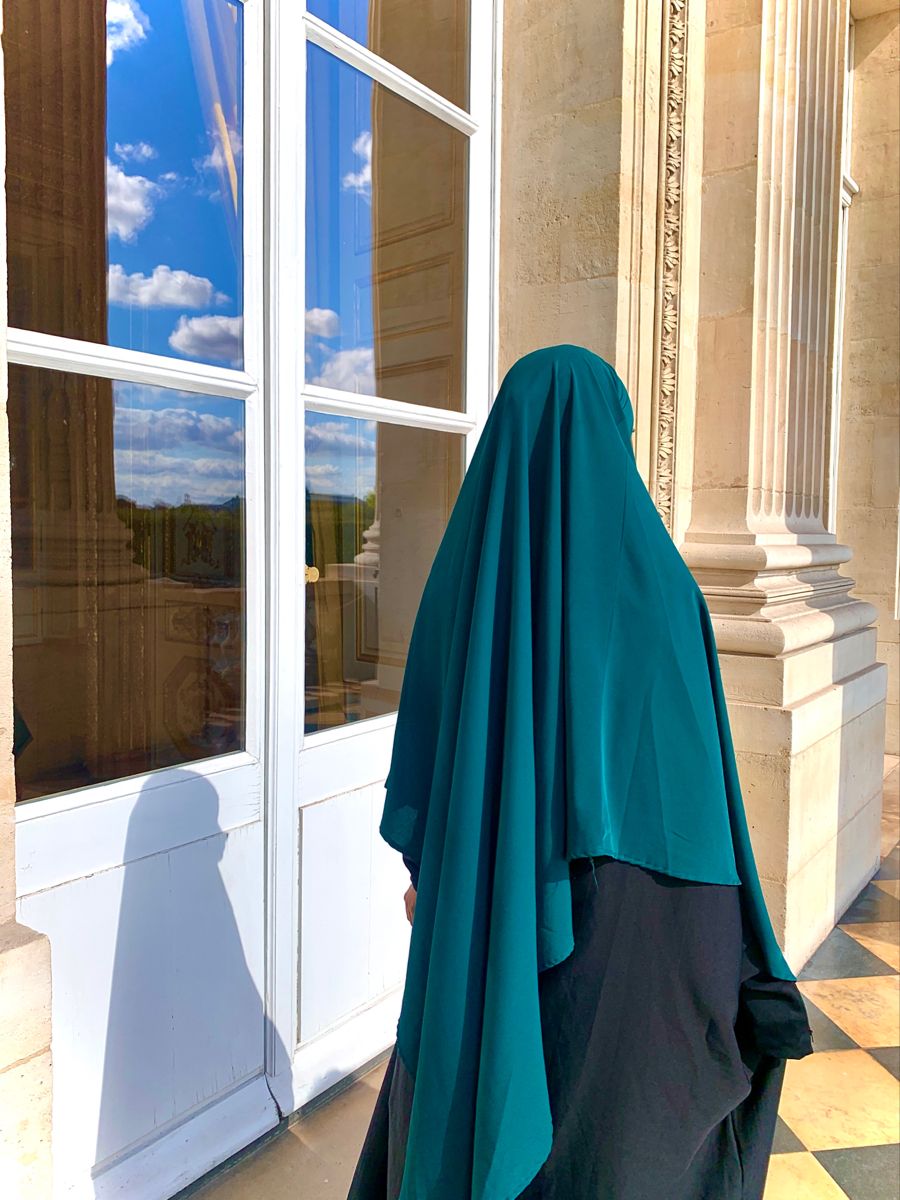The Life and Legacy of Prophet Muhammad (peace be upon him)
Prophet Muhammad (peace be upon him) is considered by Muslims to be the last and final prophet of God. He was born in Mecca in 570 CE and began receiving revelations from God at the age of 40 through the angel Gabriel. He preached the message of Islam to the people of Mecca and Medina, and his followers became known as Muslims. He died in Medina in 632 CE.
The teachings of Prophet Muhammad, as recorded in the Quran and in the Hadith (sayings and actions of the Prophet), form the basis of Islamic belief and practice. He taught about the oneness of God, the importance of prayer and charity, and the need for moral and ethical behavior. He also emphasized the equality of all people and the importance of social justice.
During his lifetime, Prophet Muhammad faced opposition and persecution from the leaders of Mecca, but he and his followers eventually migrated to Medina in 622 CE, an event known as the Hijra. This migration marked the beginning of the Islamic calendar. In Medina, the Prophet established a community based on the principles of Islam, and his followers grew in number. He also established alliances with other tribes and engaged in several battles to defend the Islamic community.
After several years in Medina, the Prophet and his followers were able to return to Mecca as victorious leaders. The city of Mecca was then cleansed of its idols and became the center of Islam. He was also able to establish a treaty with the leaders of Medina, which helped to establish peace and stability in the region.
The Prophet's death in 632 CE was a great loss to the Islamic community, but his teachings and example continue to inspire Muslims today. His life and legacy are remembered and celebrated during the annual observance of Eid al-Fitr, which marks the end of the month of Ramadan.
The Prophet's teachings have had a profound impact on the world. His emphasis on the oneness of God, the importance of prayer and charity, and the need for moral and ethical behavior continue to resonate with people of all backgrounds. His emphasis on the equality of all people and the importance of social justice have also been influential in shaping the modern world.
In conclusion, Prophet Muhammad (peace be upon him) is a central figure in the history of Islam and his teachings continue to shape the lives of Muslims today. His life and legacy continue to inspire people around the world and serve as a reminder of the importance of compassion, justice, and peace
The Life and Legacy of Prophet Muhammad (peace be upon him)
Prophet Muhammad (peace be upon him) is considered by Muslims to be the last and final prophet of God. He was born in Mecca in 570 CE and began receiving revelations from God at the age of 40 through the angel Gabriel. He preached the message of Islam to the people of Mecca and Medina, and his followers became known as Muslims. He died in Medina in 632 CE.
The teachings of Prophet Muhammad, as recorded in the Quran and in the Hadith (sayings and actions of the Prophet), form the basis of Islamic belief and practice. He taught about the oneness of God, the importance of prayer and charity, and the need for moral and ethical behavior. He also emphasized the equality of all people and the importance of social justice.
During his lifetime, Prophet Muhammad faced opposition and persecution from the leaders of Mecca, but he and his followers eventually migrated to Medina in 622 CE, an event known as the Hijra. This migration marked the beginning of the Islamic calendar. In Medina, the Prophet established a community based on the principles of Islam, and his followers grew in number. He also established alliances with other tribes and engaged in several battles to defend the Islamic community.
After several years in Medina, the Prophet and his followers were able to return to Mecca as victorious leaders. The city of Mecca was then cleansed of its idols and became the center of Islam. He was also able to establish a treaty with the leaders of Medina, which helped to establish peace and stability in the region.
The Prophet's death in 632 CE was a great loss to the Islamic community, but his teachings and example continue to inspire Muslims today. His life and legacy are remembered and celebrated during the annual observance of Eid al-Fitr, which marks the end of the month of Ramadan.
The Prophet's teachings have had a profound impact on the world. His emphasis on the oneness of God, the importance of prayer and charity, and the need for moral and ethical behavior continue to resonate with people of all backgrounds. His emphasis on the equality of all people and the importance of social justice have also been influential in shaping the modern world.
In conclusion, Prophet Muhammad (peace be upon him) is a central figure in the history of Islam and his teachings continue to shape the lives of Muslims today. His life and legacy continue to inspire people around the world and serve as a reminder of the importance of compassion, justice, and peaceV




.png)

.png)

.png)


.png)



